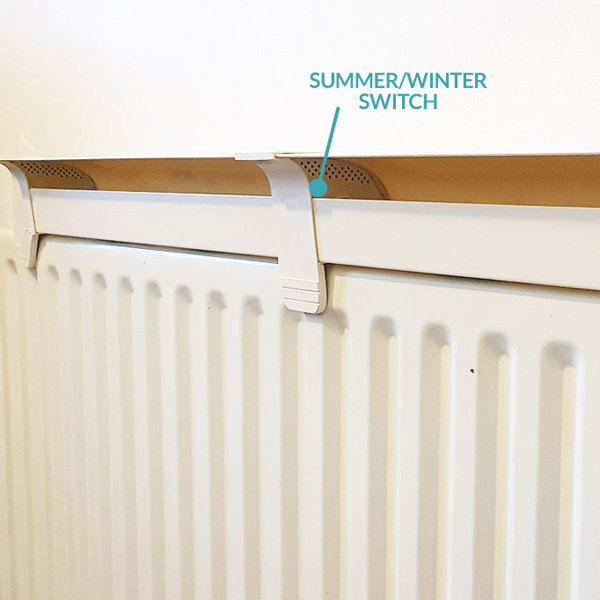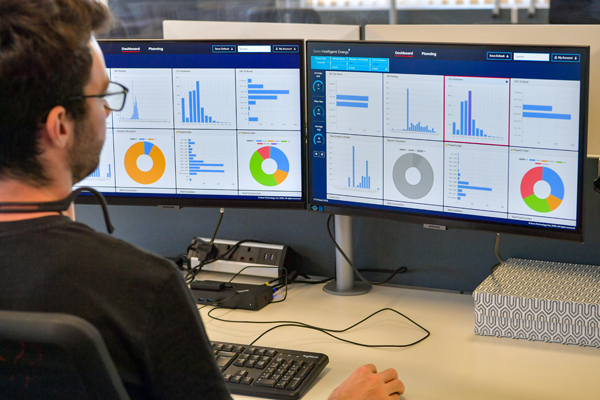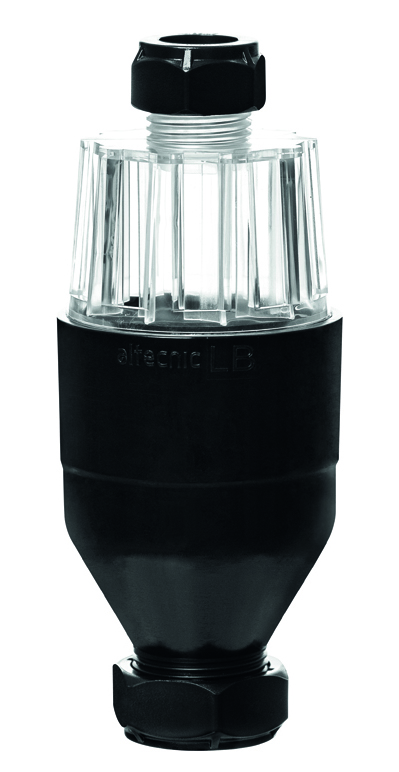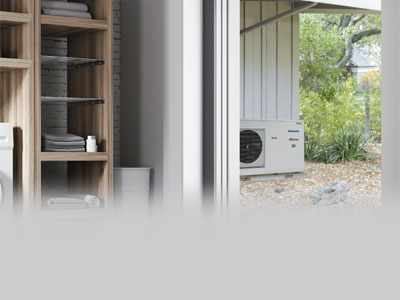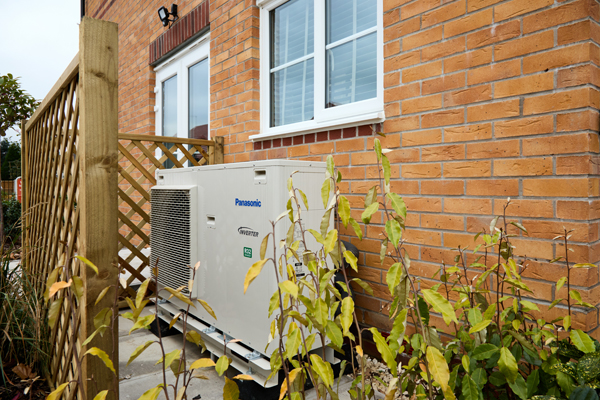Time to wake up to climate breakdown

George Clarke takes a scary look at the future
I’m sitting writing this in my shorts. Nothing else, just my shorts.
Why am I sharing this awful vision with you? Because at the time of writing it’s very hot. I’m at my desk at home and the temperature is 30 degrees. It’s been like this for days.
But, this isn’t just a random spike in temperatures for the UK. The entire planet experienced its hottest June ever on record, followed by the hottest July on record, breaking previous records by huge margins.
- Read more about Time to wake up to climate breakdown
- Log in to post comments
















